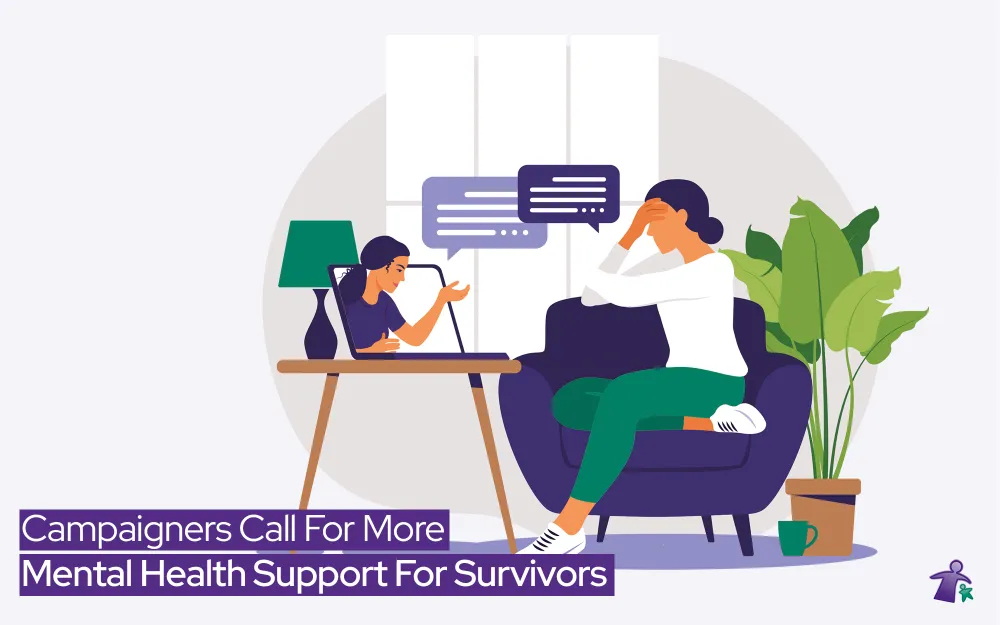
Following the release of a new report examining the number of domestic abuse-related suicides, campaigners are calling for greater mental health support for survivors.
The report was produced by The Domestic Homicide Project, a Home Office-funded research project led by the National Police Chiefs’ Council, looking into all deaths recorded by the police as domestic abuse-related.
It highlighted the ever-increasing need for provisions to support survivors with additional needs – specifically around mental health – and the need for greater training to help mental health services to spot the signs of domestic abuse.
Report Findings
The report found that, between April 2022 and March 2023, there were 242 domestic abuse-related deaths, with 93 suspected suicides and 80 intimate partner homicides. This is significant as it represents one of the first times where the number of domestic abuse-related suicides has been higher than the number of homicides.
The report also found that four out of five perpetrators were known to the police and more than a third were known to other agencies, such as support services.
It is sadly not a surprise to see the number of domestic abuse-related deaths remain at a consistent rate over the past few years and emphasises the continued need to raise awareness of domestic abuse and the impact that it has.
Links Between Mental Health and Domestic Abuse
Domestic abuse can have significant short-term and long-term impacts on survivors, especially affecting their mental health, particularly in the forms of anxiety and depression.
Research conducted a few years ago by national organisation Safe Lives found that 42% of domestic abuse survivors had experienced some form of mental health problem.
It is also frequently used by perpetrators as a way to continue their campaign of abuse and exert further control over their partner. For instance, a perpetrator may say that a survivor is “overreacting” because of their mental health problems, or they may say that a survivor needs them because they wouldn’t be able to manage on their own.
Despite this, it is an issue that is often not understood and provisions to support those also experiencing mental health problems are quite patchy across the country.
Action Needed
It is clear that action needs to be taken to provide greater support to survivors that also have mental health problems, particularly around funding of services and improving understanding of domestic abuse and its impact.
The Government recently announced that Domestic Homicide Reviews – a multi-agency review into a domestic abuse-related death – would be renamed to Domestic Abuse Related Death Reviews to better recognise deaths from suicide that relate to domestic abuse. This is a positive step and will help to identify areas where the response could be improved, as well as ensuring that lessons are learnt from domestic abuse-related deaths.
We already know that greater training for professionals is required to help them to understand the impact that domestic abuse has and hope that this is rolled out across sectors such as housing, health, and the legal system.
Leeway has a comprehensive domestic abuse awareness training programme. For details of upcoming courses, email admin@leewaynwa.org.uk